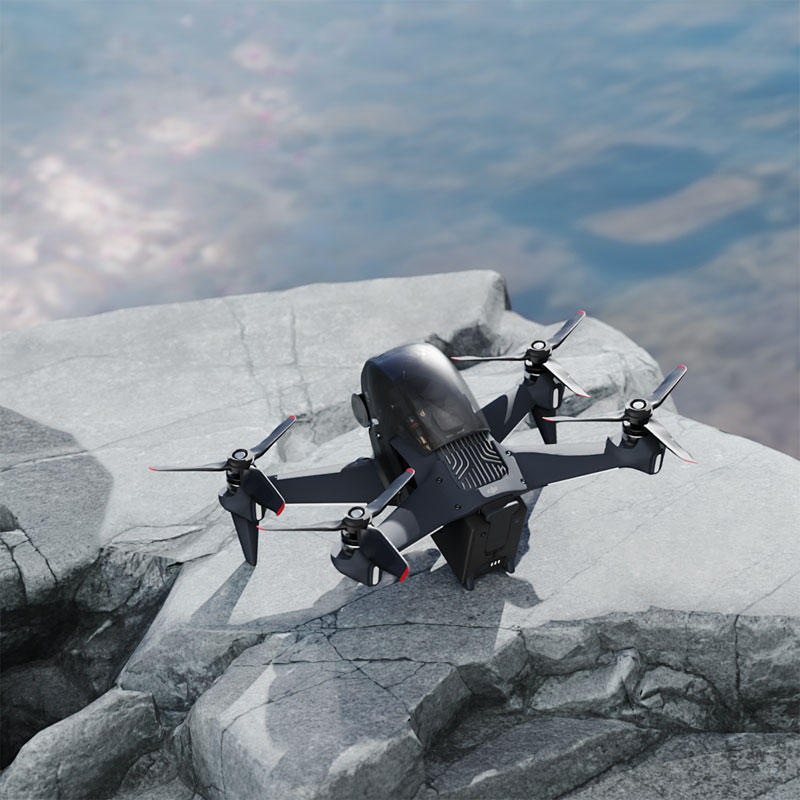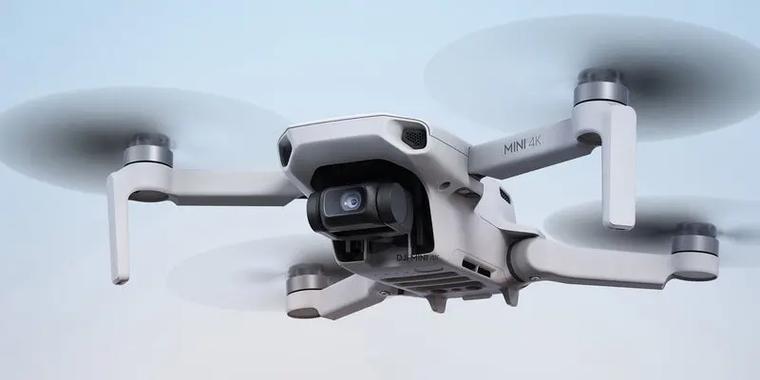The advent of drones in agriculture has revolutionized traditional farming methods, offering unprecedented advantages in efficiency, accuracy, and sustainability. Today, they are transforming how farmers monitor crops, manage resources, and enhance productivity. The integration of drones into agriculture signifies a significant milestone, leading to a more advanced, data-driven approach to farming.
Understanding the Role of Drones in Agriculture
The role of drones in agriculture cannot be overstated. These unmanned aerial vehicles (UAVs) are equipped with cutting-edge technology such as high-resolution cameras and multispectral sensors, which are essential for providing farmers with real-time data and imagery of their fields. This information is critical for identifying crop health issues, monitoring irrigation systems, and making informed decisions.
One of the primary applications of agricultural drones is crop monitoring. With their ability to cover vast areas in a short span of time, drones facilitate detailed inspections that were previously labor-intensive and time-consuming. They can detect early signs of disease, pest infestations, and water stress, enabling timely interventions that can save significant amounts of crop yield.
Optimizing Resource Management
Resource management is another area where drones are proving invaluable. Precision agriculture, powered by drone technology, allows for the efficient application of water, fertilizers, and pesticides. This targeted approach not only reduces waste and costs but also minimizes environmental impact. By utilizing data collected from drones, farmers can apply resources exactly where needed, optimizing growth conditions and conserving valuable resources.
Economic and Environmental Benefits

The economic benefits of using drones in agriculture are substantial. By enhancing efficiency and reducing waste, farmers can significantly lower their operational costs. Moreover, increased crop health and yield translate into greater revenue. From an environmental perspective, drones contribute to sustainable farming by promoting minimal resource usage and reducing chemical runoff into surrounding ecosystems.

Drones also play a crucial role in land surveying. By creating accurate topographical maps, they help farmers design better irrigation systems and plan for future planting. This geo-mapping capability ensures that farmers can manage uneven terrains effectively, maximize arable land use, and increase overall farm productivity.
The Future of Drones in Agriculture
The future of drones in agriculture looks promising as technology continues to advance. Innovations such as artificial intelligence and machine learning are expected to further enhance the capabilities of drones, enabling them to perform more complex tasks and provide deeper insights into farm management.
Moreover, the integration of IoT (Internet of Things) devices with drones will allow for better data integration and processing. This fusion will enable farmers to monitor their fields remotely, receive real-time updates, and take immediate action based on accurate, predictive data, transforming traditional agricultural practices into a comprehensive smart farming approach.
Challenges and Considerations
Despite the numerous benefits, there are challenges associated with the adoption of drones in agriculture. Regulatory issues, privacy concerns, and the initial cost of drones can be barriers for some farmers. However, as the technology becomes more widespread and affordable, these challenges are expected to diminish over time. Moreover, investing in training and education is crucial to help farmers maximize the potential of drone technology effectively.
Frequently Asked Questions
- How do drones help in precision agriculture?
Drones help in precision agriculture by providing detailed field data, enabling targeted resource application, and facilitating precise field management, thus enhancing overall productivity. - Are drones cost-effective for small farms?
While the initial investment might be high, drones can be cost-effective for small farms by reducing resource wastage, improving crop health, and potentially increasing yields over time. - What are the legal restrictions around using drones on farms?
Legal restrictions can vary by country and region. Common restrictions include altitude limits, licensing requirements, and privacy laws. Farmers should consult local regulations before deploying drones.
